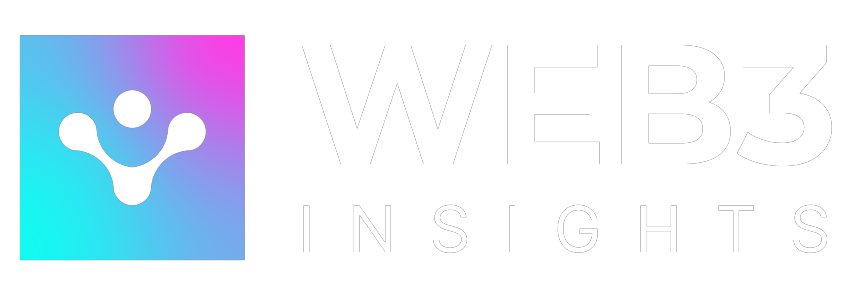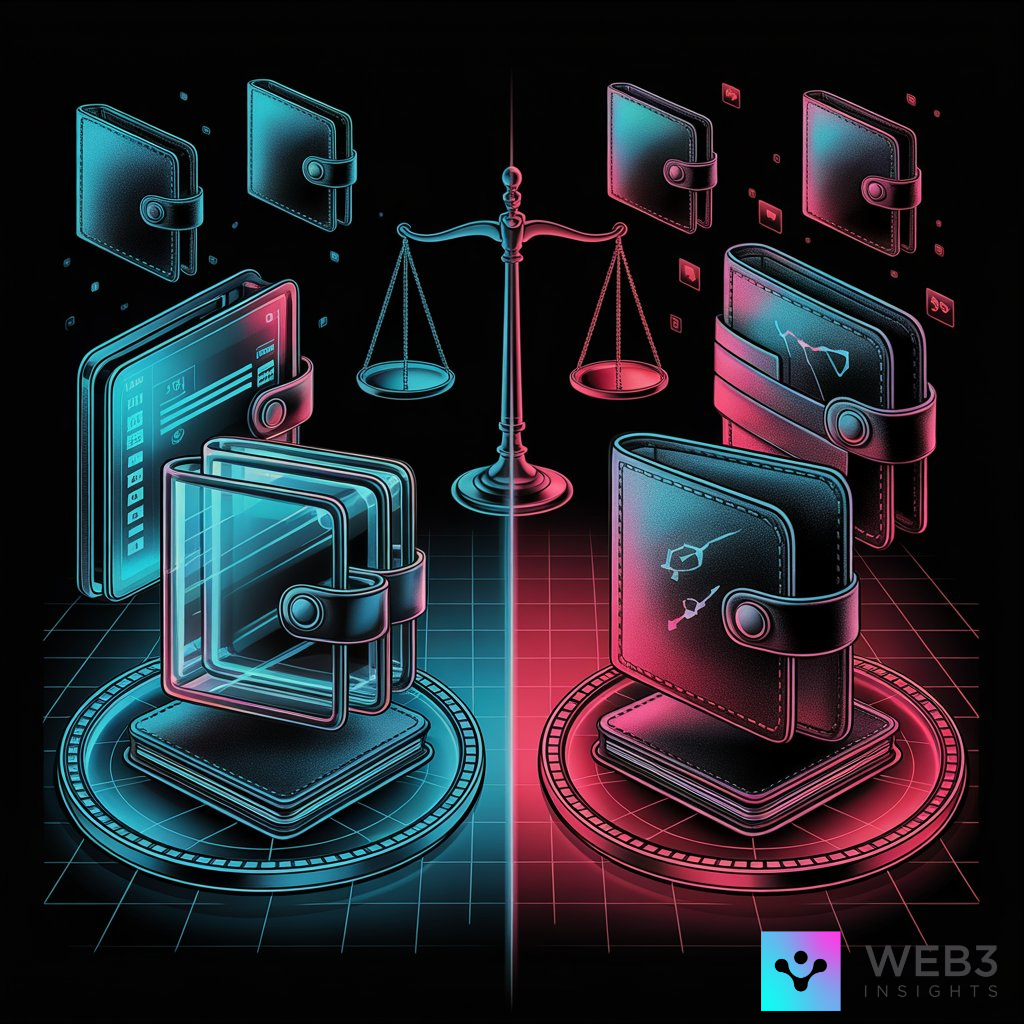Cryptocurrency was built on the foundation of decentralization, financial freedom, and transparency. However, as the industry matures, the debate over privacy versus transparency has become more intense than ever. Wallet tracking has emerged as a powerful tool for improving security, preventing fraud, and offering insights into market trends. But it also raises critical questions: How much transparency is too much? Does wallet tracking violate financial privacy? And where should we draw the line between security and individual rights?
This debate is at the heart of the crypto industry’s future. Some argue that wallet tracking is necessary to protect users and ensure regulatory compliance, while others fear it could lead to mass surveillance and undermine the principles of decentralization. Let’s explore the key arguments on both sides and what the future holds for privacy in blockchain transactions.
The Case for Transparency: Why Wallet Tracking is Essential
1. Enhancing Security and Fraud Prevention
One of the biggest advantages of transparency is the ability to detect and prevent illegal activities. Criminals have long used financial systems to launder money, fund illicit operations, and evade taxes. Because all blockchain transactions are public, wallet tracking makes it much harder for bad actors to hide their activities. This has led to a significant increase in regulatory interest, as governments see blockchain as a tool for fighting financial crimes rather than enabling them.
2. Providing Valuable Insights for Investors.
For investors, wallet tracking provides valuable insights into market trends. By monitoring large transactions and whale movements, traders can make more informed decisions. If a major institution is accumulating a particular token, it could indicate upcoming bullish activity. On the other hand, if large wallets are offloading assets rapidly, it could be a warning sign of an impending price drop. Transparency allows both retail and institutional investors to strategize more effectively.
3. Holding Projects Accountable
Transparency also plays a crucial role in holding projects accountable. Many crypto scams, such as rug pulls and Ponzi schemes, rely on secrecy to deceive investors. Wallet tracking tools make it easier to spot suspicious fund movements, such as developers withdrawing liquidity or transferring tokens to unverified addresses. By exposing these actions early, transparency helps prevent massive financial losses for unsuspecting users. Many crypto scams, such as rug pulls and Ponzi schemes, rely on secrecy to deceive investors.
The Case for Privacy: Is Wallet Tracking Sacrificing Financial Freedom?
1. Exposure of Assets
For individual users, this level of openness can be concerning. Unlike banks, which offer account confidentiality, blockchain transactions expose wallet balances, transaction histories, and interactions with other wallets. This means that anyone can track an individual’s financial behavior, which can lead to issues such as targeted attacks, financial profiling, and loss of personal privacy.
2. The Threat of Mass Surveillance
A major concern is that transparency could lead to mass surveillance. While governments argue that tracking wallets helps prevent crime, critics fear it could also be used to monitor and control users unfairly. In countries with strict financial regulations or oppressive governments, this could put individuals at risk of having their funds frozen or transactions restricted based on political beliefs or financial behavior.
3. The Commercialization of Financial Data
Another challenge is the rise of blockchain analytics firms that collect and analyze transaction data. While their stated goal is to improve security and compliance, many privacy advocates worry about the commercialization of financial data. If centralized companies control too much on-chain information, it could lead to monopolization, where only a few entities dictate the flow of financial data in the decentralized space.
How Blockchain is Addressing the Privacy Problem in Wallet Tracking
Recognizing these concerns, developers have been working on solutions to balance privacy and transparency. One approach is the use of privacy-focused cryptocurrencies such as Monero and Zcash, which employ advanced cryptographic techniques to obscure transaction details. These coins allow users to conduct transactions without revealing sender and receiver addresses or amounts, offering a level of anonymity not found in Bitcoin or Ethereum.
Another emerging technology is zk-SNARKs (Zero-Knowledge Succinct Non-Interactive Arguments of Knowledge). This cryptographic method allows one party to prove to another that a statement is true without revealing any additional information. In the context of wallet tracking, zk-SNARKs could enable transaction verification without exposing full wallet details, offering a middle ground between privacy and security.
Some blockchains are also experimenting with selective disclosure, where users can choose what information to share and with whom. For example, businesses might need to comply with regulations while still protecting sensitive transaction details from the general public. By enabling controlled transparency, this approach aims to satisfy both privacy advocates and regulators.
Conclusion
The privacy vs. transparency debate in wallet tracking is not a simple black-and-white issue. Transparency provides undeniable benefits, from fraud prevention to market insights, but it also comes at the cost of user privacy. The challenge lies in finding solutions that maintain the security benefits of transparency while giving users greater control over their financial data.
Ultimately, the future of wallet tracking will depend on how the industry navigates these challenges. Will we move toward a fully transparent system where all transactions are openly visible? Or will privacy-preserving technologies reshape the way we interact with blockchain networks? As the debate continues, one thing is clear: the decisions made today will define the future of financial freedom in the crypto world.








